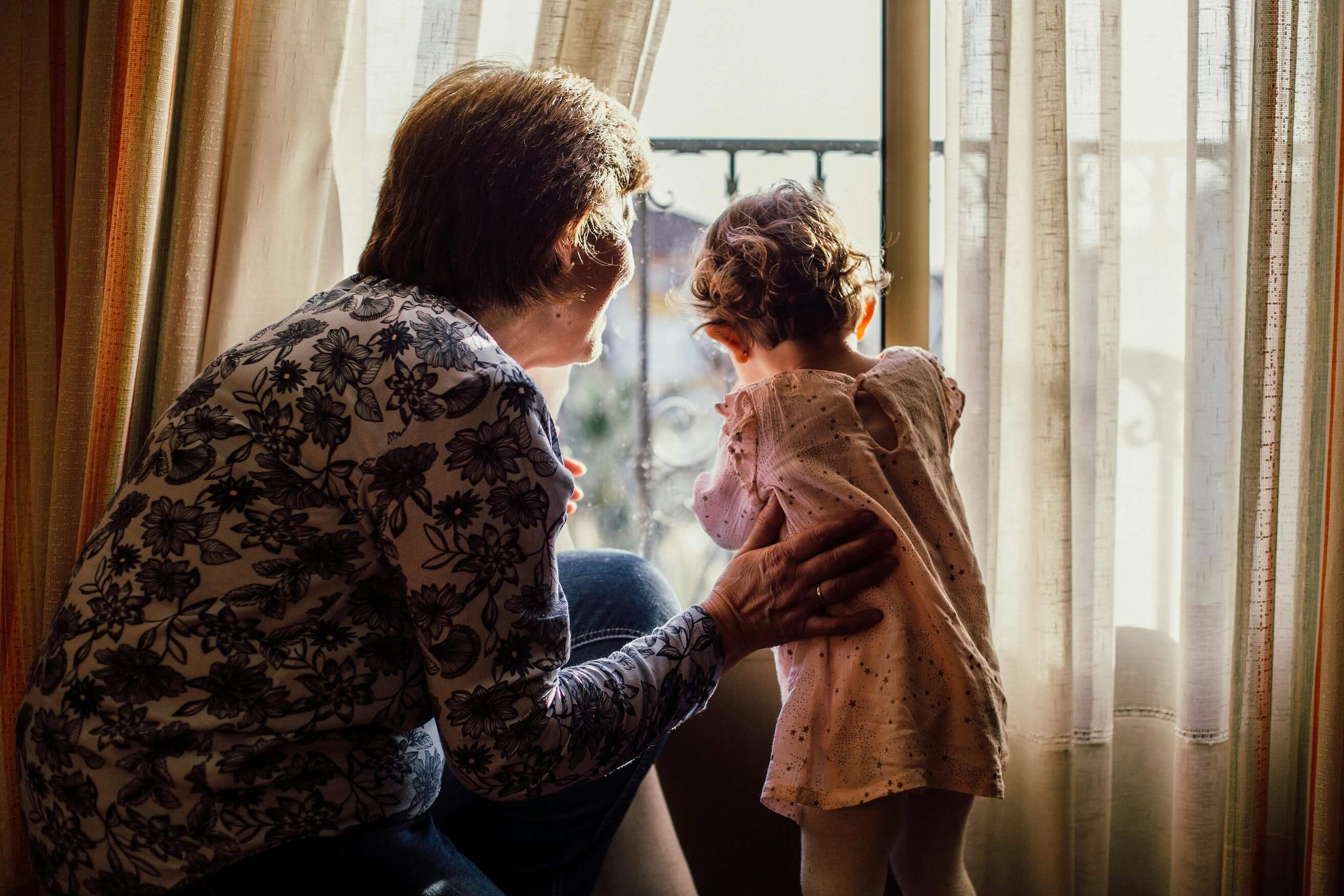
Keeping Heritage Languages Alive: The Power of Short Visits Home
February 10, 2025
In today's world, where families often move across borders for new opportunities, raising children in a multilingual environment has become a shared experience. Parents want the best for their children, including the gift of their heritage language. However, with the pressures of adapting to a new society, that language can sometimes fade into the background. A recent research highlights a powerful yet simple way to keep heritage languages strong—taking short trips to the homeland.
The Challenge of Maintaining Heritage Languages
When families settle in a new country, their heritage language can gradually take a backseat to the dominant societal language. First-generation immigrants typically maintain strong ties to their native language, but with each passing generation, those ties weaken. Children may hear their heritage language spoken at home, but their opportunities to use it in daily life become fewer, leading to differences in fluency among siblings and peers.
Understanding the Generational Shift
A recent study explored how heritage language skills develop across different generations. Researchers focused on Greek-English bilingual children living in Western Canada and New York City, examining their vocabulary and how they structured sentences in Greek. The children were grouped into three categories:
Second-generation – children with first-generation parents
Mixed-generation – children with one first-generation and one second-generation parent
Third-generation – children with both parents from the second generation
The results were clear: third-generation children had noticeably lower proficiency in Greek compared to second-generation and mixed-generation children. This highlights the powerful role that generational exposure plays in language retention.
Why Early Exposure Matters
The earlier children are exposed to their heritage language, the stronger their foundation becomes. Kids who regularly hear and speak their heritage language from a young age tend to develop a deeper understanding of grammar, vocabulary, and cultural expressions. On the other hand, children with limited early exposure may struggle more, as their opportunities to practice decrease over time. Their language skills might plateau or even decline as they grow older, particularly if they don’t have many chances to use their heritage language in daily life.
For families who can’t travel often, technology can be a great tool. Video calls with grandparents, interactive language apps, and virtual tutors help bridge the gap, ensuring that children hear and engage with their heritage language even when they’re far from their extended family.
Read Also: How Many Languages Can a Child Learn Simultaneously?
The Power of Short Visits to the Homeland
One of the most exciting findings from the study was the impact of short trips to the homeland. Even brief stays can provide a much-needed boost to language skills, particularly in areas like vocabulary and sentence structure. These visits immerse children in an environment where their heritage language is the norm, allowing them to hear it spoken naturally in everyday conversations, at markets, in schools, and among relatives.
During these trips, children experience real-life interactions that deepen their understanding of the language and culture. They may learn new words, refine their pronunciation, and gain confidence in using the language in a variety of situations. More importantly, these visits create emotional connections that make the heritage language feel more relevant and meaningful.
Keeping Heritage Languages Alive
As the world becomes more interconnected, ensuring that children retain their heritage language is more important than ever. The study on Greek-English bilingual families reinforces what many parents instinctively know—regular exposure to the heritage language, both at home and through immersive experiences, makes a big difference. Short visits to the homeland are not just vacations; they are valuable investments in a child’s language skills, cultural identity, and sense of belonging.
If frequent travel isn’t possible, parents can still create a strong language environment at home. Reading books in the heritage language, watching films together, and encouraging conversations with family members who speak the language can all play a role in keeping it alive for future generations.
Final Thoughts
Raising multilingual children comes with its challenges, but the rewards are immense. Language is more than just words—it’s a connection to family, culture, and personal history. By incorporating heritage languages into daily life and making time for immersive experiences, parents can ensure their children not only retain their linguistic heritage but embrace it with confidence and pride.
Happy Learning!


